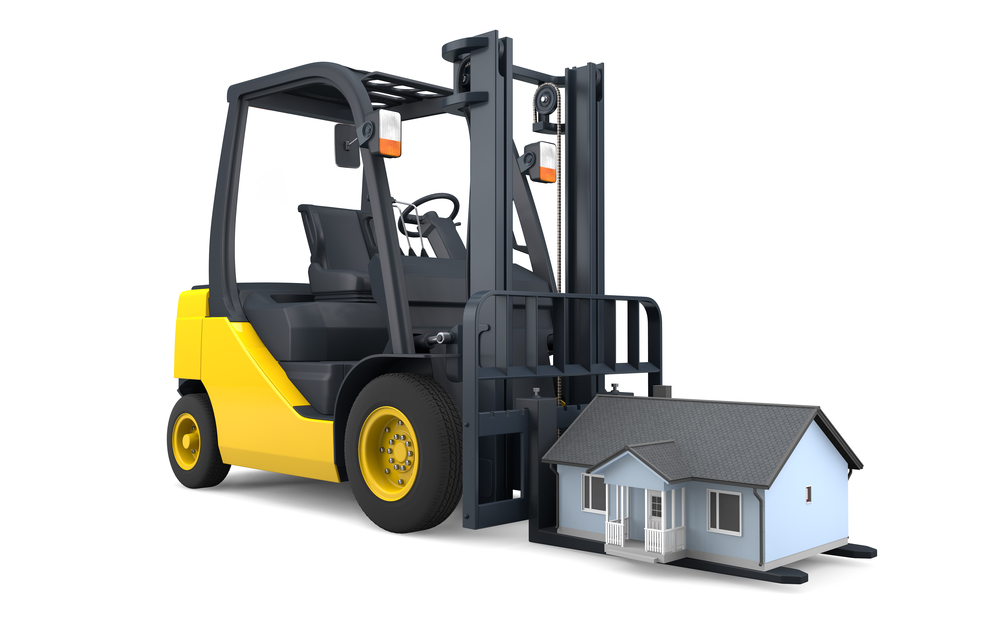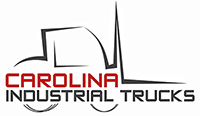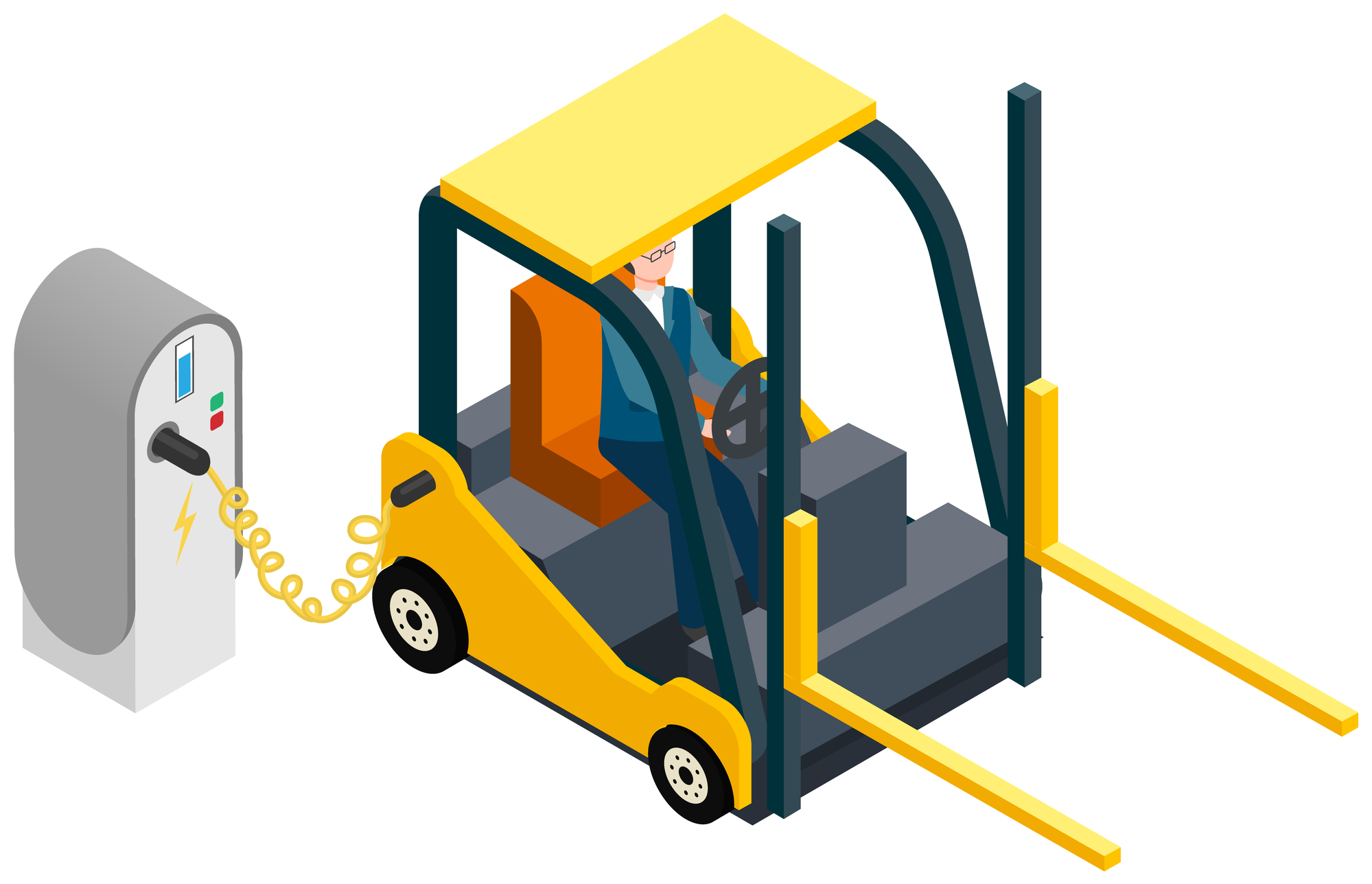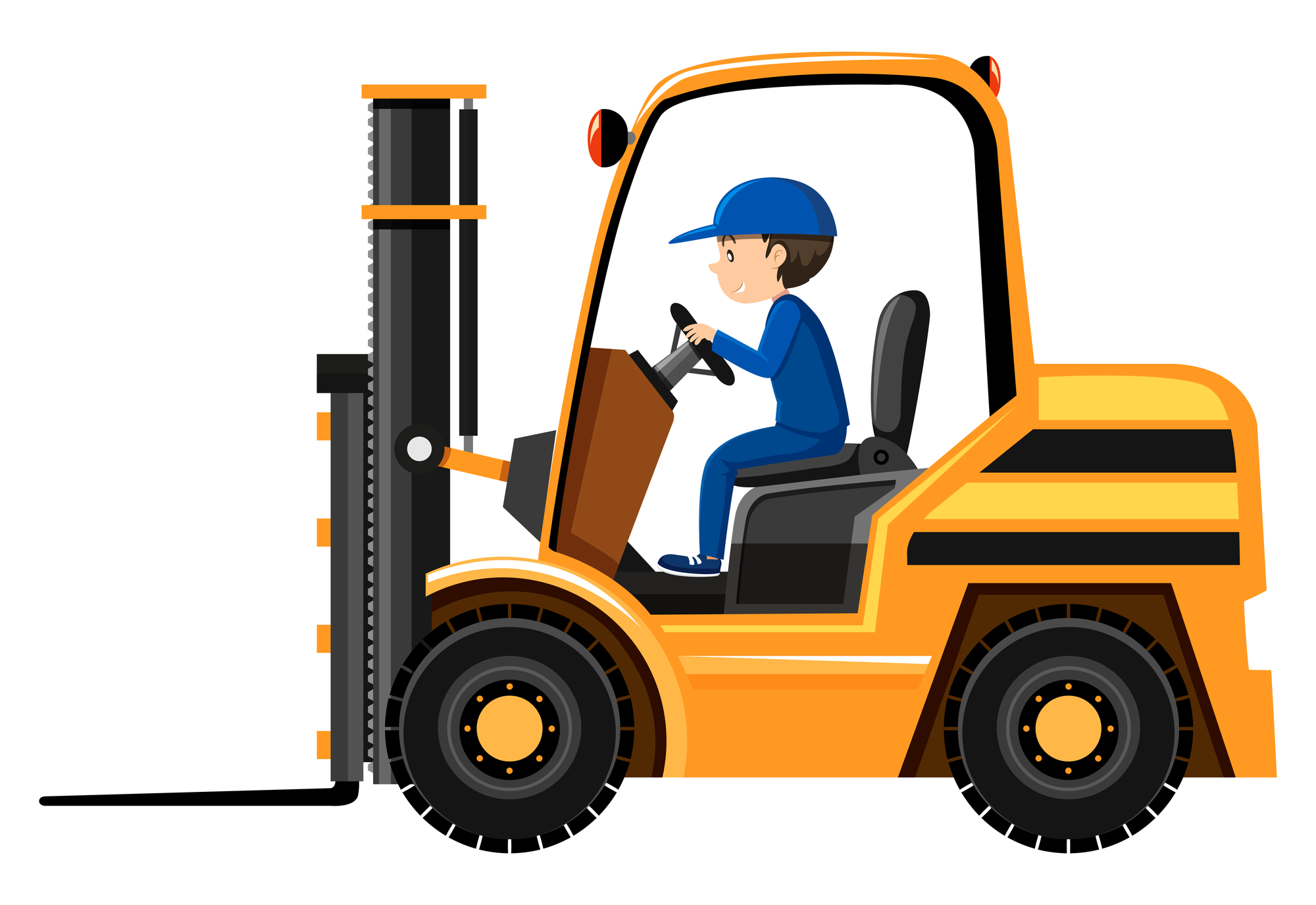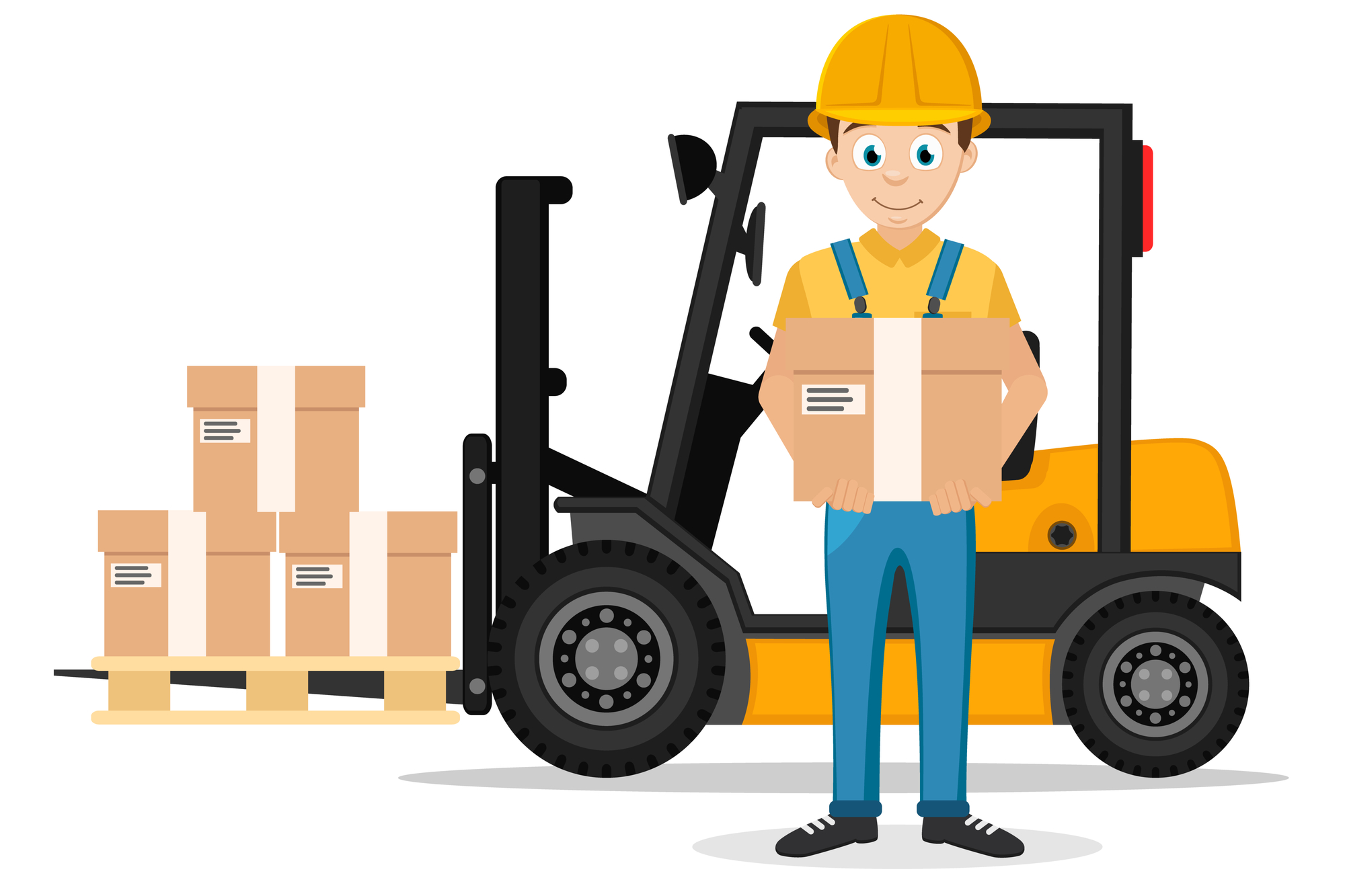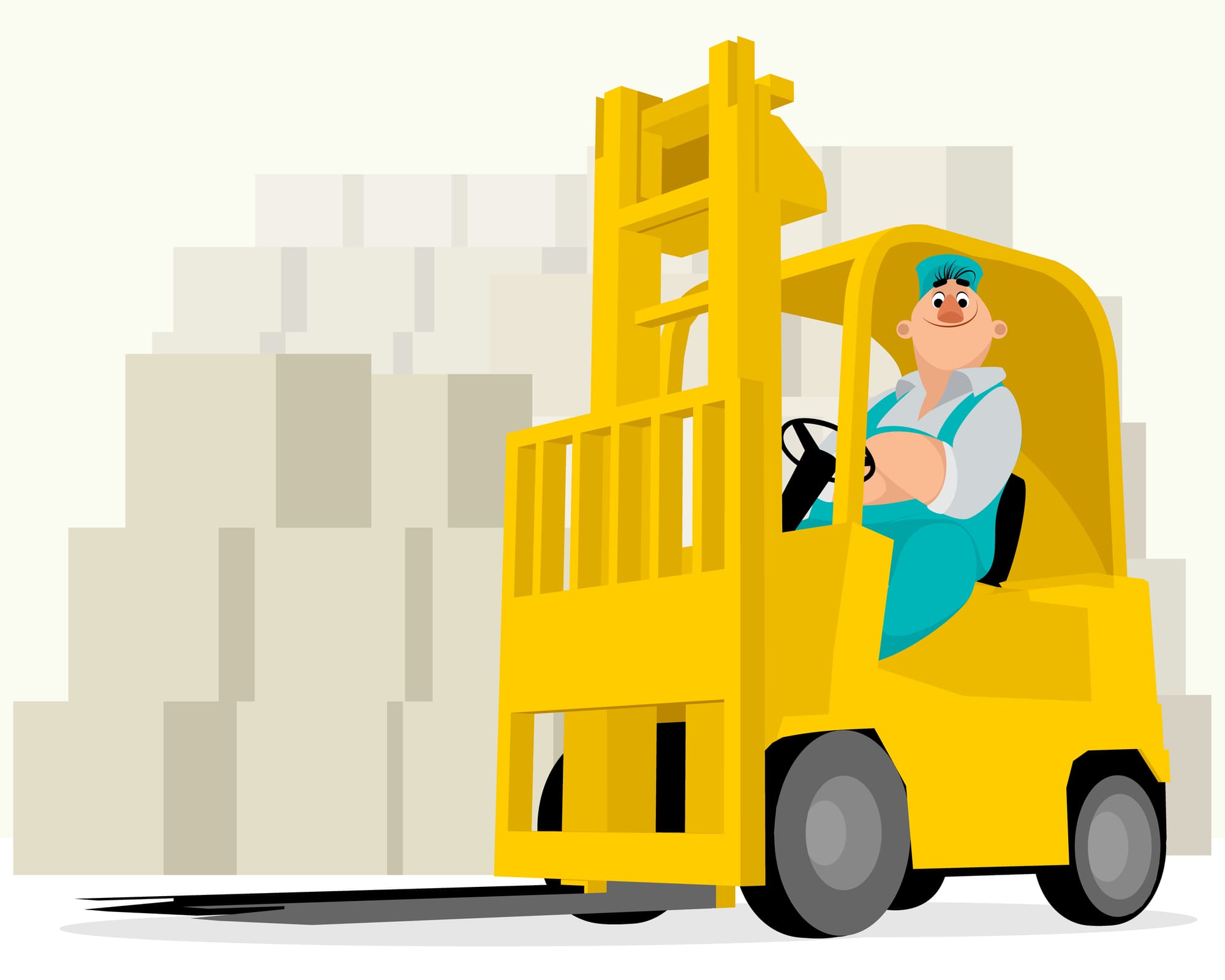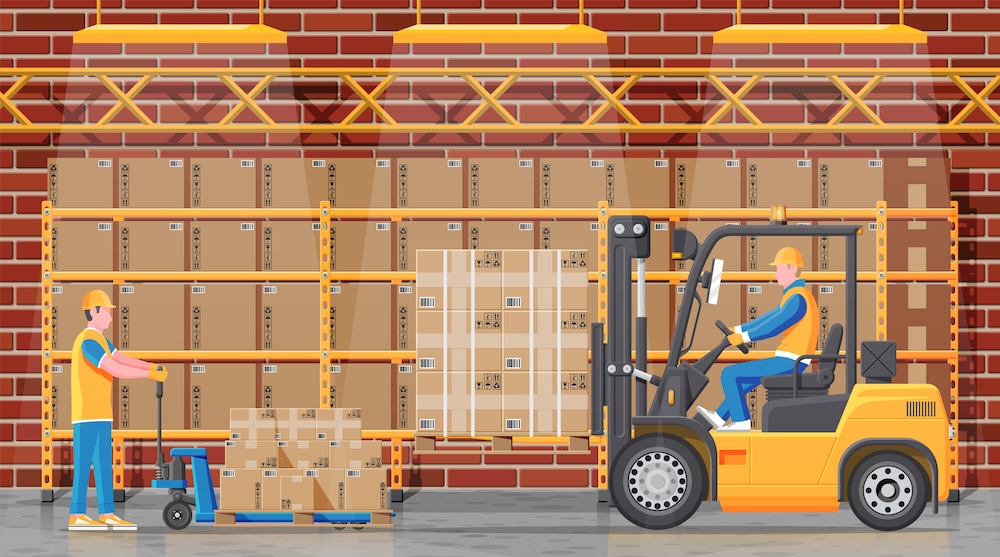A Beginner’s Guide to Buying the Best Forklift for Your Business
04/28/2020
CITrucks
Are you new to the world of warehouse management? You need to check out this beginner’s guide to buying the best forklift for your business.
Did you know that forklifts come in seven different classes? If it's your first time buying a forklift, you might find all the options out there intimidating. However, it's important that you find a quality forklift for your business needs.
The best forklift for you will depend on your unique needs and budget. However, there is some information that can help you make the right choice. If you're in charge of making the forklift decisions, you'll want to do your research before you spring for this big purchase.
We're here to help. This beginner's guide will teach you what you need to know to buy a forklift that fits the bill. Read on to become a forklift-buying expert!
Consider New or Used Models
First, should your forklift be new or used? It all depends on how much use it's going to get.
You can buy an excellent used, reasonably priced forklift that will serve your needs well. However, if you're going to put a lot of wear and tear on your forklift, it's worthwhile to buy a newer model that will last longer.
Generally speaking, if it'll be in use three or more hours each day, you should opt for a new forklift. But if it'll be in use less than that, consider saving money with a pre-owned model.
You also have the option to rent a forklift. This can work well if you only need it for short-term applications, or if you want to try out a model before you commit to it.
Understand the Forklift Applications
You definitely need to know what you'll be doing with your forklift on a daily basis, so you can get the best value.
For example, what sort of floors will it be used on -- rough terrain or smooth indoor floors? Will it be used outside, inside, or both? What will it need to lift, and to what heights?
Simply answering these questions will help you narrow down the long list of forklift options on the market. That way, you can do a better job of searching for a forklift that actually fits the application. Even the most least expensive forklift will be no good to you if it can't do what you need it to.
Keep Accessories Simple
Forklifts come with some attractive options for accessories and add-ons. However, these things can quickly add a lot of money to the bill. It's best to keep it simple when it comes to these extras.
Some of those extras may actually be useful for you, such as a backup alarm or mirrors. However, some of the others won't be necessary, so only get what you need for the intended applications.
Consider Engine Types
Forklifts also come with different types of engines. Which engine you choose can affect the upfront cost, as well as the operating costs over time.
An electric forklift won't require fuel, so it can save you money over time but may cost more upfront. Some people also prefer electric models because they're better for the environment. And, of course, if you'll be operating the forklift indoors, you'll likely need one that doesn't produce dangerous emissions.
Meanwhile, a forklift with an internal combustion engine will cost more to operate, depending on what kind of fuel it uses. However, it can cost significantly less upfront. Internal combustion engines are louder and produce emissions, but they don't require charging time, and often have lower maintenance costs.
Know Your Maximum Lift Capacity and Height
One of the most important factors in buying a forklift is lift capacity. You won't want one with a maximum capacity far above what you need. However, if your maximum lift capacity is below what you need to lift, even by a little bit, that forklift will do you no good.
Consider not just average load weight, but also the heaviest possible load weight, as you make your choice.
Similarly, you'll need to know both the average and maximum lift height. Make sure your forklift can also go through or under any doorways or beams that it needs to when the lift is lowered.
Decide on the Number of Wheels
If you're new to buying forklifts, you might think they all have four wheels. However, three-wheeled forklifts can actually be useful in a number of applications.
A three-wheeled forklift is smaller and more maneuverable. This makes them ideal for narrow aisles, tight turns, and indoor storage.
A four-wheeled forklift won't be as nimble but can carry a heavy load and navigate steep or uneven terrain well. Four-wheeled forklifts also cost more than three-wheeled versions.
Factor in Maintenance and Training Costs
While the upfront cost of your forklift is important, maintenance and training costs can also play a huge role. These ongoing costs may add a lot to an initially low bill.
For example, each type of forklift has slightly different maintenance costs. Parts for some types of forklifts may cost more or be harder to find. And, if you buy a type that your team isn't familiar with yet, you may need to pay for additional training so they can learn how to use it safely.
Of course, those extra costs may be well worth it. But you'll need to weigh them into the overall price of your new (or used) forklift before you commit, in addition to fuel costs for a non-electric model.
Ready to Buy the Forklift You Need?
With these factors in mind, you're now ready to shop for a good, quality forklift.
Although having a certain type or model in mind helps, the retailer you buy from can make all the difference. A good retailer will guide you toward what you need and can help you get service, parts, training, and more.
Looking for a forklift retailer that will meet all your needs? Look no further -- start shopping our forklifts here!
